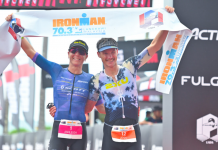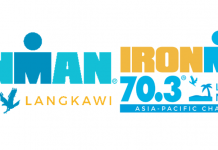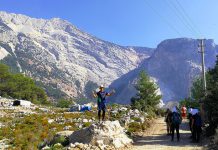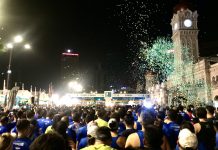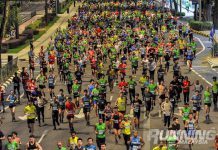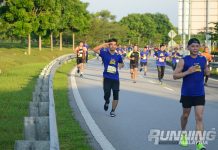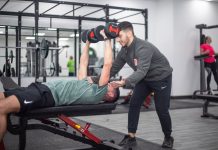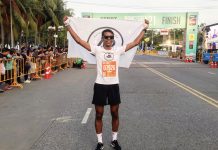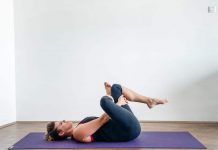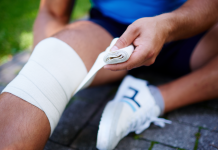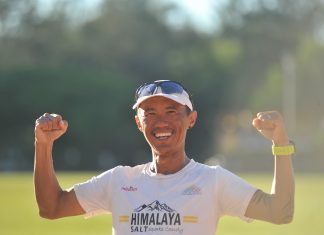Do more, do more, do more! But in this instance, Overtraining is a syndrome that occurs when you don’t get a sufficient amount of recovery time from constant intense training. This can result in a decline in your overall performance, muscle fatigue, and an increase in the risk of injury.
Training hard is a must, and having progression in your training programs is essential in any sport of choice. Running 10 kilometers, having those intense leg day sessions, and spending hours on technical training, all do help with achieving one’s athletic milestones but there is a big but, in such an instance this may turn into a double-edged sword and result in a decline in the ability to perform if not accompanied with the appropriate recovery.
Overtraining is a slippery slope which at times is hard to identify when you actually are overtraining, so here are some areas to look out for to spot symptoms of overtraining:
1) Prolonged muscle soreness – this is when your muscles feel super sore but it does not correlate with the level of intensity of your workout. If you had a light gym session, but after starting to find that you are sore as if you completed a marathon, this is a clear indication of overtraining.

Image via : Fast Running
2) Performance decline – Athletes tend to know their numbers for certain lifts and exercises. But if at a certain point the numbers stay stagnant or your ability to not lift those numbers declines, that’s one massive sign for folks to take a rest day or even an active rest day, and give your body its time to recover adequately.
3) Lack of energy and motivation – Your training sessions start to get harder and your mental fortitude is constantly in battle. If you get to this point, it is always a good habit to tell yourself to take a rest day all with the intention to come back stronger and motivated. It’s almost like taking a holiday but for your body. It is crucial that the appropriate rest requires the appropriate dietary requirements.

Image via : The Chalkboard Mag
Here are some of the few big indicators and symptoms of overtraining. If you start experiencing this at any given point. It’s time to schedule that long-awaited massage appointment, or simply spend a day at the pool just floating and relaxing. A well-rounded program must include rest and recovery sessions that are intentional and carried out with the same mindset just as how your workout is carried out. The best way to prevent overtraining is to avoid it in the first place.
For more information please scan me (QRCode).

For further inquiry please contact us: Max 012-2969969, Christine 012-3590048 or YG 016-2020911.






